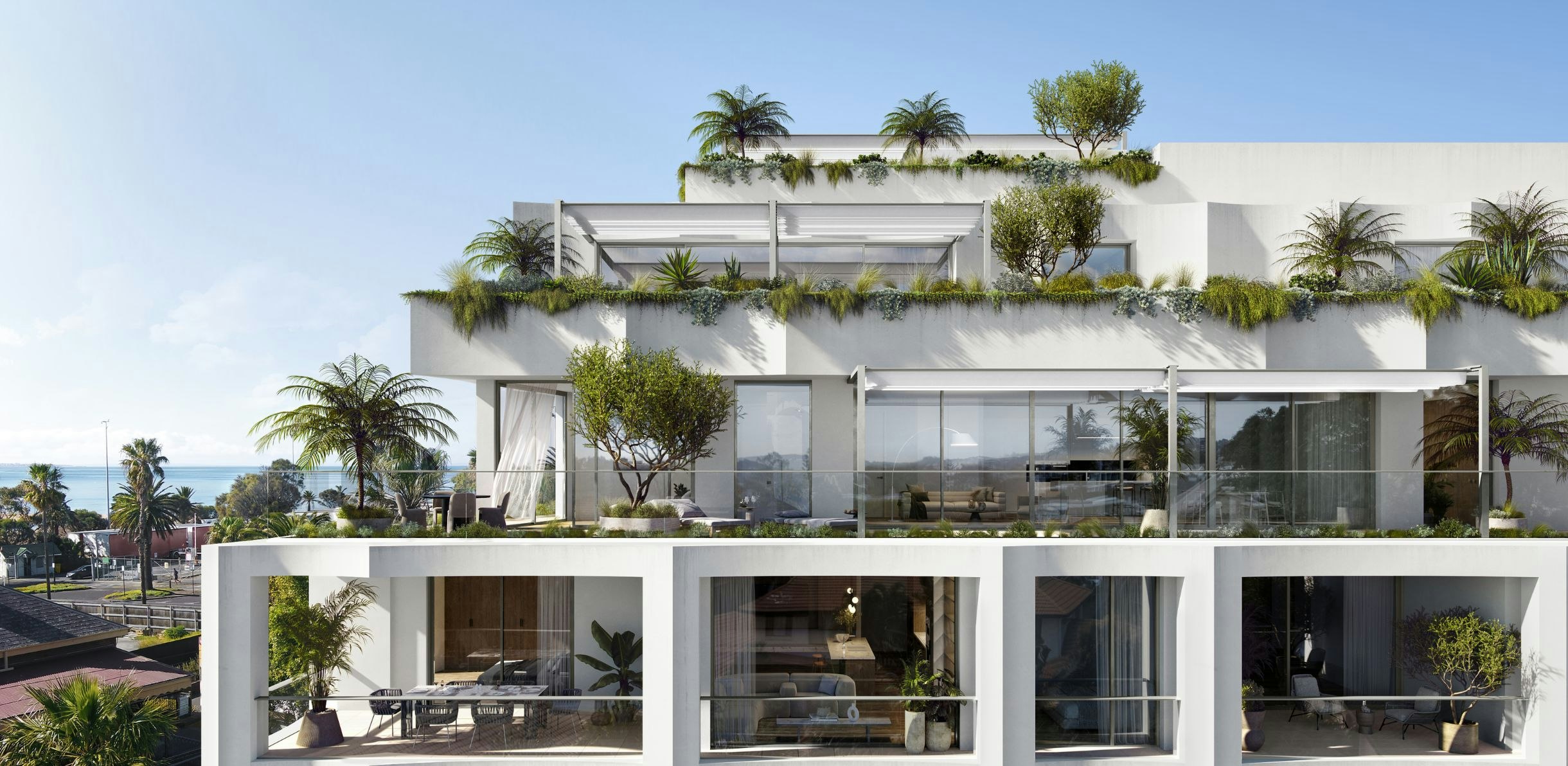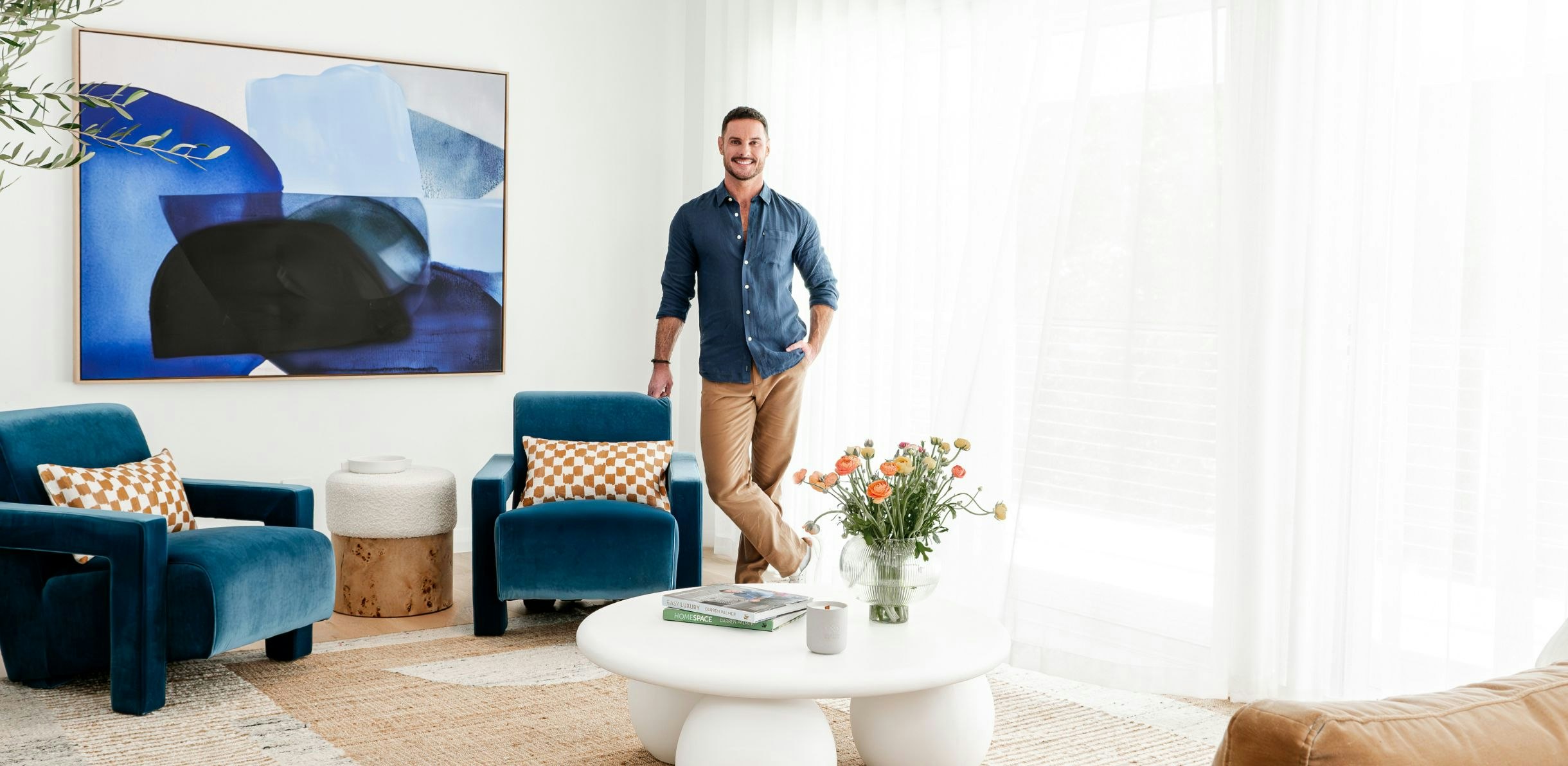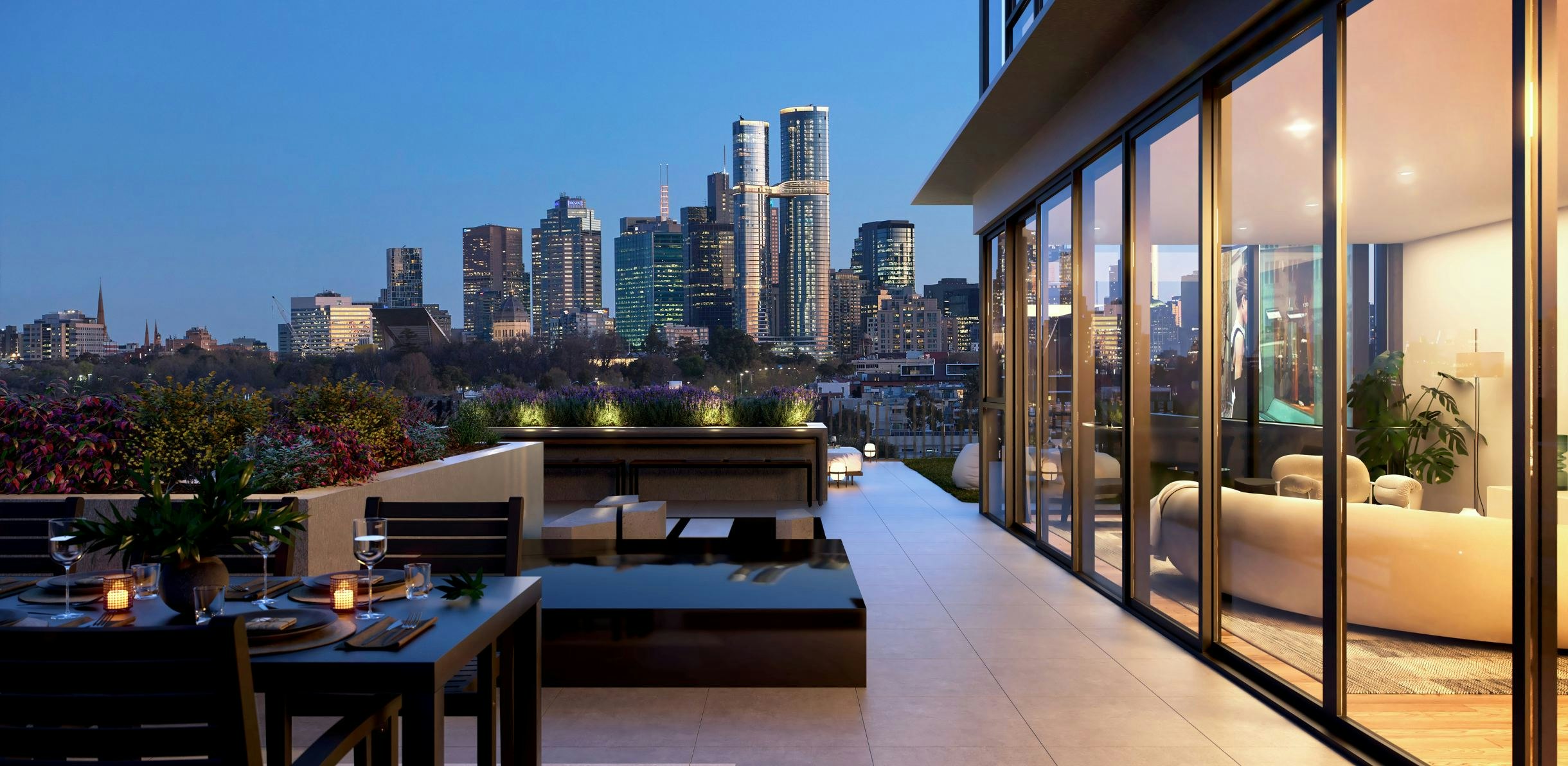Since its inception in 1971 and growing into an award-winning team of over sixty, how has Carr's expansion influenced your studio’s approach?
For more than five decades, Carr has been committed to enriching everyday experiences through design excellence. Our expansion and relentless commitment to design principles means we can continue to shape the built environment across a variety of sectors, such as single and multi-residential projects, commercial and workplace opportunities, and hospitality ventures.
As our projects grew in scale and complexity across Australia, we expanded the team with additional expertise to cater to that growth and want for enduring and sustainable outcomes across architecture and interior design.
At Carr, we thrive on the challenge of increased scale and complexity across various typologies. Perhaps there wasn’t this perception in the past decade about who we are as a business and the sort of work that we have on our board. However, with many projects reaching completion in 2024, the completed portfolio will be a testament to the group’s hard work in the preceding years.
What are some of the key design principles that Carr upholds, and how do these principles manifest in your projects?
At Carr, our key design principles are founded on achieving elevated and enduring outcomes. With clarity and resolution of space, our designs are crafted from the inside out, featuring sensitive manipulation of space, form, light, and materiality.
These design principles manifest themselves in all our residential projects by considering the lives of their inhabitants, the local community, proportions, and connections to natural areas. The architecture takes cues from the surrounding context, the client’s aspirations, and the narrative journey. Deliberate and delicate moves, along with beautifully scaled spaces of wonder, truly enhance the everyday lives of the people we are fortunate enough to design for.
How is artificial intelligence being integrated into Carr's architectural practices, and what impact do you foresee it having on the future of design?
We are actively trialling the integration of various AI tools to support and enhance the design process, particularly for more technical, labour-intensive tasks. This allows us to allocate more time to design.
While we are excited by the potential of AI, we are also mindful of the risks and challenges it presents, such as data privacy, potential over-reliance, and copyright issues. Understanding how to correctly utilise these tools to create quality and distinctive outcomes is becoming increasingly important for architectural practices. Human interaction remains a crucial part of what we do and
what clients value when engaging an architect or designer. As practitioners, we should aim to use AI as a tool that augments our capabilities without replacing the essence of what makes architecture a deeply human practice.
What major trends in the architecture industry are you currently observing, and how are they influencing the field?
Several major themes continue to shape the architecture industry in 2024, notably the effects of the housing crisis, environmental considerations, and the broader impact of current world events. We are trying to play our part in this process by unlocking development potential through careful explorations of density.
In the residential sector, an appreciation for nuanced quality is marking a shift away from overt opulence, particularly noticeable in Melbourne.
Residential developments are becoming more community-focused, designed to foster a strong sense of belonging and wellbeing among residents. The build-to-rent model is also gaining popularity as a viable alternative to homeownership. Furthermore, there is an elevated emphasis on designing energy-efficient, sustainable buildings that not only minimise emissions but also actively promote the use of renewable energy sources, embedded in our projects from the outset.
What are the hallmarks of a successful project completion at your studio?
The key to successful project completion lies in our commitment to holistic and sustainable practices, whether we are designing bespoke homes, residential developments, or mixed-use commercial buildings. We prioritise design excellence and close collaboration with our clients to truly understand their vision and practical requirements. Every project aims for commercial success for our clients in a challenging financial climate, yet the true value of quality design lies in the spatial experience and the end user's contentment with the buildings we create. There is a continued commitment to timeless architecture and design that undoubtedly contributes to the quality of our built environment.
How do you envision the future development of Carr in both the architecture and design sectors?
Design excellence is at the core of everything we do and will always be a key pillar. Across projects of all scales, from apartment refurbishments to new CBD towers, we always strive to create the best environments for people to live, work, and stay. Emerging sectors for the business, such as Branded Residences, Built-to-Rent apartments, and Retirement Lifestyle Living, see us expanding our repertoire into adjacent sectors while enabling us to tackle projects for elite sporting clubs and other special projects.
To learn more, visit https://www.carr.net.au/




